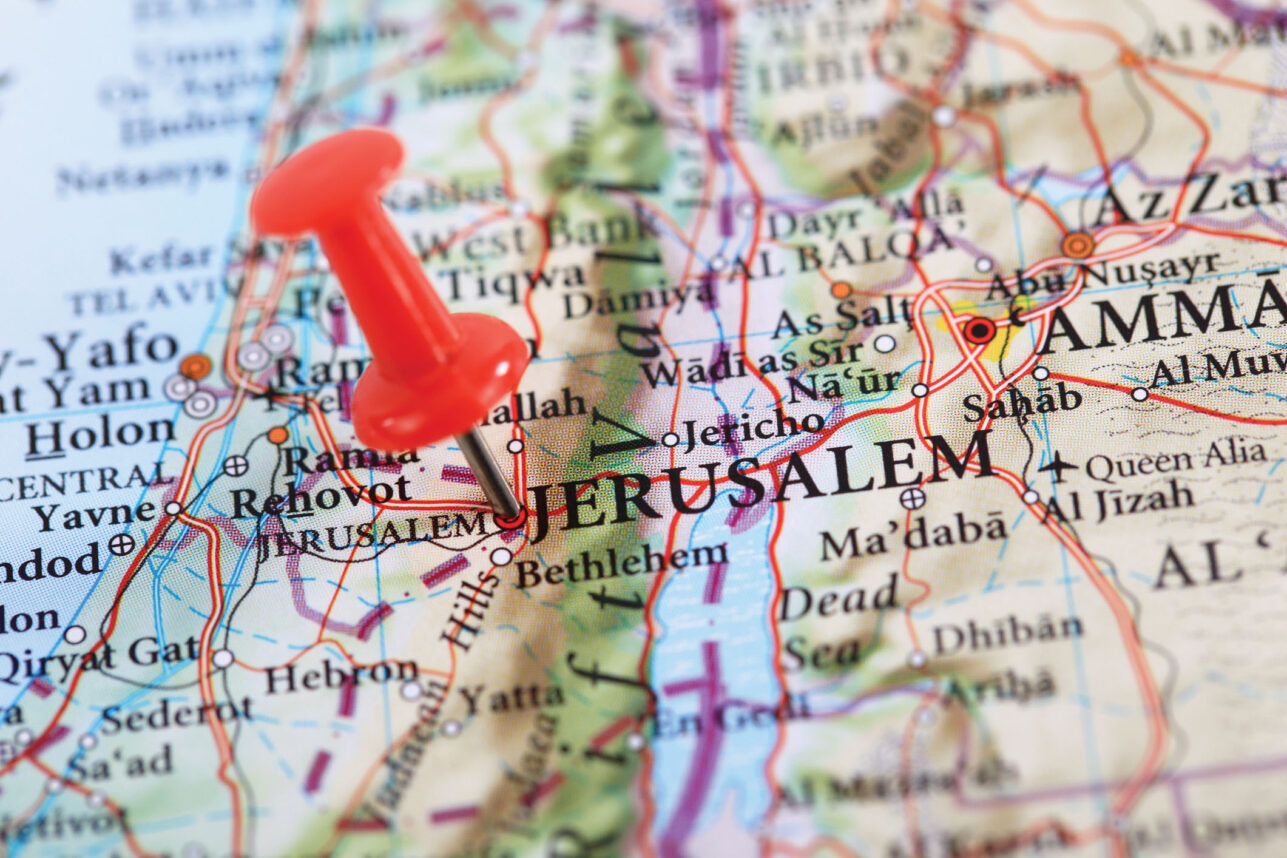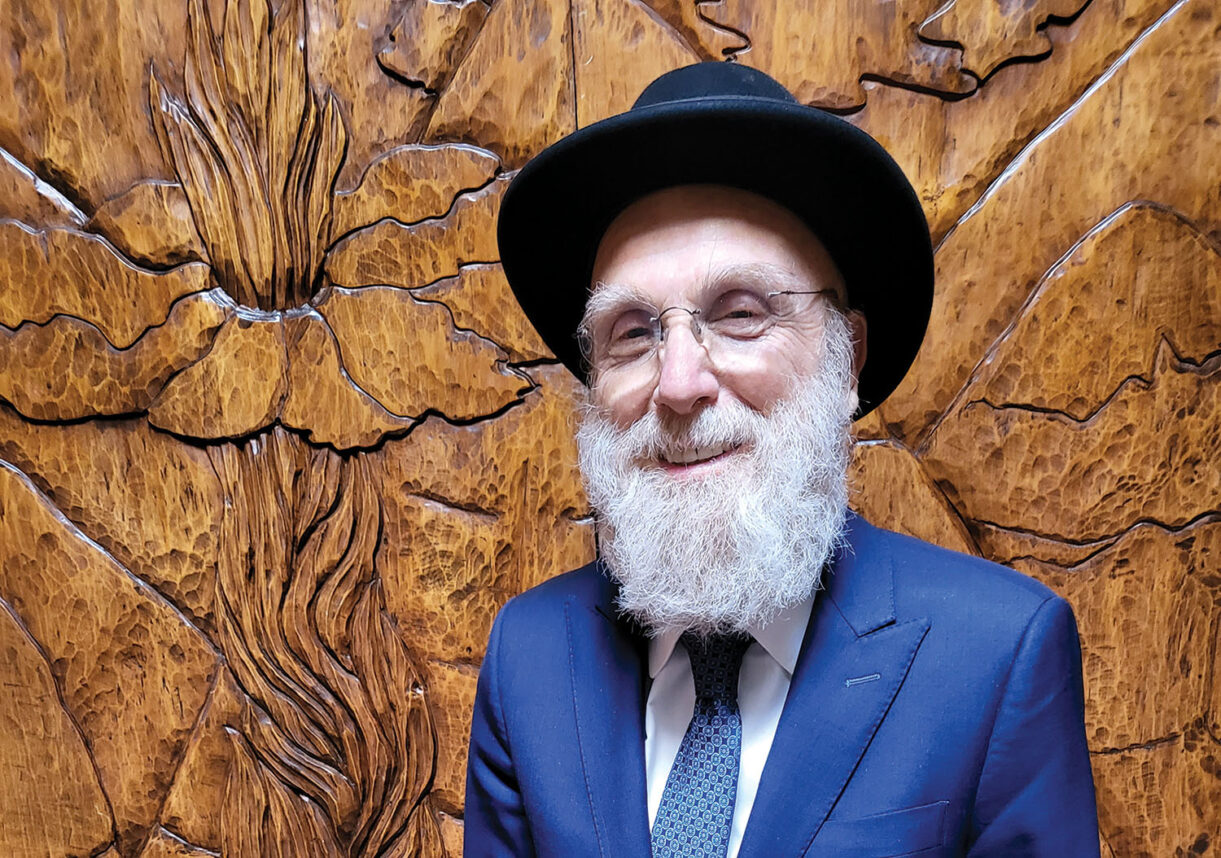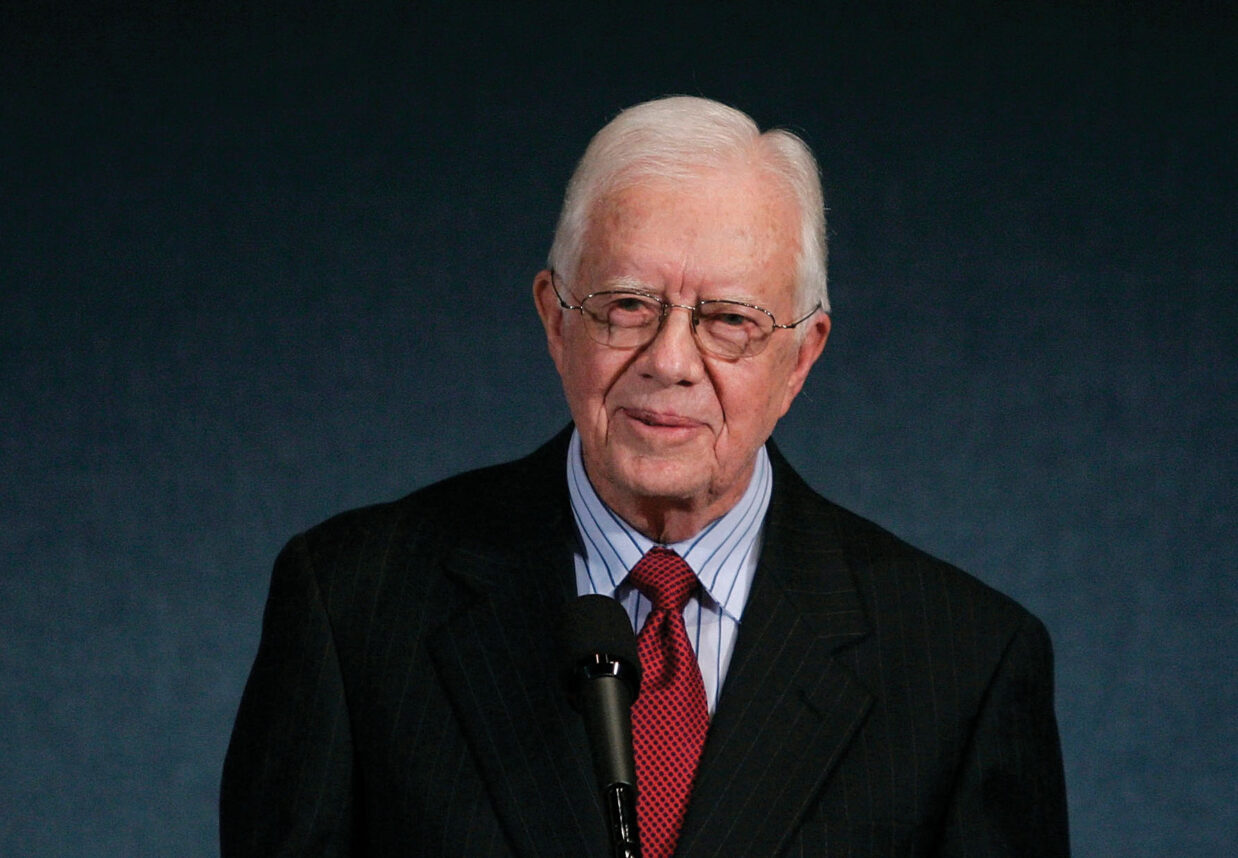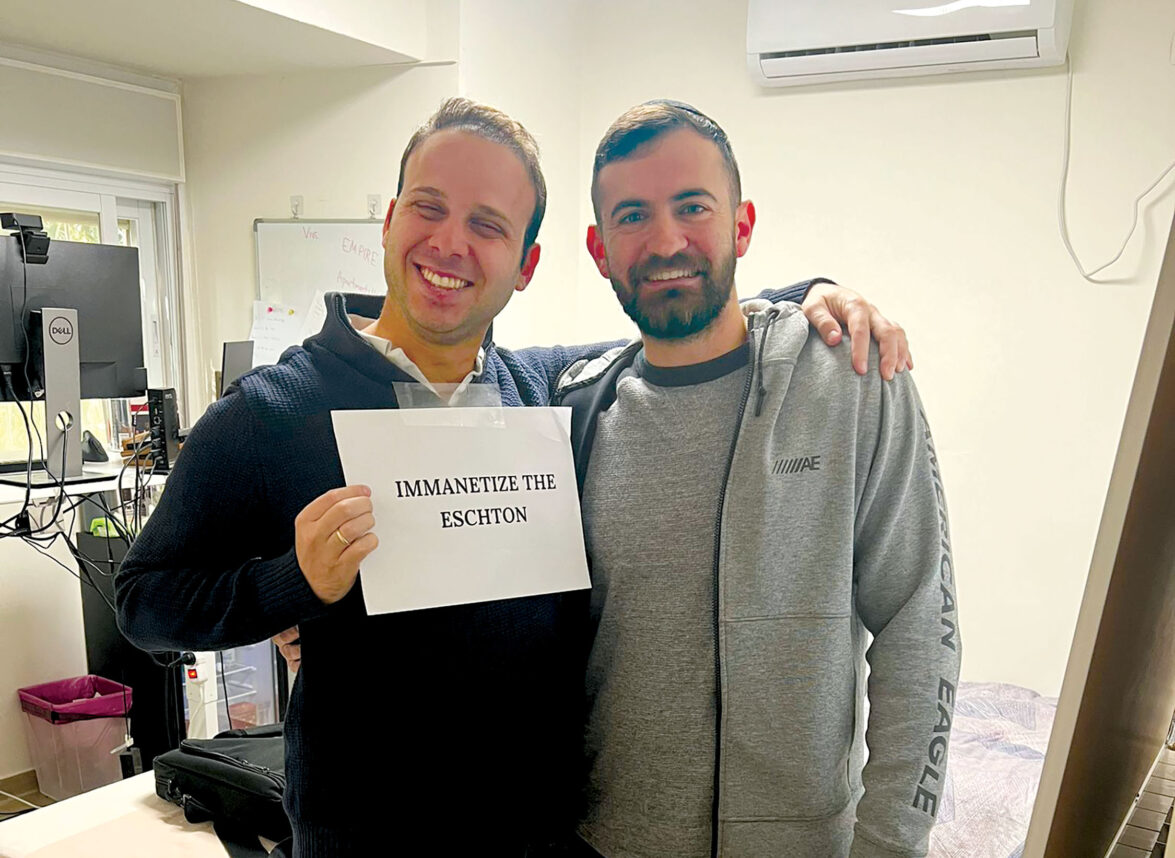“The Covenant,” by Naomi Ragen (St. Martin’s Press, 2004).
Nineteen-year-old Israel Defense Forces (IDF) Cpl. Nachshon Waxman was off duty when Hamas operatives kidnapped him in October 1994. In the aftermath, 50,000 Israelis gathered at the Western Wall along with Waxman’s parents, Esther and Yehuda, for a prayer vigil, countless others prayed at home. Sadly, Waxman was killed, three days after his abduction, when an IDF rescue attempt went awry.
In the many terrorist attacks on Israel in the years since, Waxman’s murder has become an almost forgotten annotation to an ever-increasing list of atrocities. However, for Naomi Ragen, an American novelist who lives in Israel, the kidnapping was, as she puts it in the introduction to her newest book, “The Covenant,” the “trigger” for a novel that is as much a multigenerational, international thriller as it is a pro-Israel polemic.
In “The Covenant,” Palestinian terrorists kidnap Dr. Jonathan Margulies, an American-born physician who works at Hadassah Hospital, and his young daughter, Ilana. The Margulieses are settlers, living in a fictional Maaleh Sara. They are not, contrary to media stereotypes of Israeli settlers, militant or racist. Dr. Margulies treats all his patients, Jewish or Arab, with equal respect, and the family itself just wants to live peacefully in the place they call home.
Once he is kidnapped, Ragen’s novel moves into high gear. Margulies’ pregnant wife, Elise, contacts her bubbe, Leah, the grandmother who raised her, who in turn contacts the members of “The Covenant.” This titular bunch met in Auschwitz where they formed a lifelong pact to look out for each other. Though their lives have taken different paths — Esther is a cosmetics millionaire in Beverly Hills, Ariana is a nightclub queen in Paris and Maria was one of the leaders of the solidarity movement in Poland — they are “closer than sisters of flesh and blood.” Between the four of them, the women are connected to anyone who matters in the world (one has a daughter married to Saudi prince; the nightclub owner has world leaders frolicking at her hot spot) and they pull every string they have to find out where Margulies and his daughter are being held and to rescue them.
Like Ragen’s other books, such as “Sotah” or “Jephte’s Daughter,” “The Covenant” is a book with a strident viewpoint and hard-to-miss message. But while Ragen used her previous fiction to expose what she saw as hypocrisies in the ultra-Orthodox community, “The Covenant” is designed to debunk anti-Israel casuistries. Currently, Ragen is a vocal opponent of disengagement — she writes columns for Israeli newspapers and has a regular column she sends out to e-mail subscribers. Yet “The Covenant” is less concerned with the “Israeli vs. Israeli” debate, and — like Alan Dershowitz’s book, “The Case for Israel” — more about legitimizing the Jewish state’s place in the world.
For example, one of the supporting characters in the book is Julia Greenberg, an opportunistic journalist anxious to make a name for herself. She arrives in Israel determined to be “objective,” which for her means “liberated from any bias in favor of the Jewish State.”
She works for a network that routinely cavorts with terrorist organizations in order to receive information. In their coverage of the Israeli-Palestinian conflict, they lie and manipulate situations to suit their pro-Palestinian bias, such as telling Palestinian children that they can find money in a pile of rubble so that the stereotype of poor Palestinians who search for food in garbage dumps will be perpetuated.
Greenberg also sabotages an interview with Elise Margulies by running it alongside a sympathetic interview with the mother of a suicide bomber.
Further, Ragen uses her characters to deliver pro-settlement messages. They say and think things like, “When all was said and done … this was their home,” or, ….”Losing land doesn’t explain what [the Palestinians] are doing, or excuse it.”
Toward the end of the book, Elise muses that she wants the Margulieses to be “the kind of family we planned to be … when we came to live in this land, the land that God promised to the Jewish people in His Covenant with Abraham.” With this sentence, Ragen is reminding her readers that the book’s title has a dual meaning. It refers to the group that the four women formed, but it also refers to a deeper, spiritual connection that the Jewish people have with the land, which cannot be broken.
Some of these arguments and speeches sound forced, as if Ragen felt that her novel would be missing right-wing credentials without them. Nevertheless, “The Covenant’s” greatest strength lies in its depiction of the terror of terrorism, and the heartache, loss and pain that has been devastating Israel since the start of the intifada. It is hard to read “The Covenant” and not feel moved by the Margulies family’s story, which, in various forms, is unfortunately the story of so many Israeli families today.






















 More news and opinions than at a Shabbat dinner, right in your inbox.
More news and opinions than at a Shabbat dinner, right in your inbox.